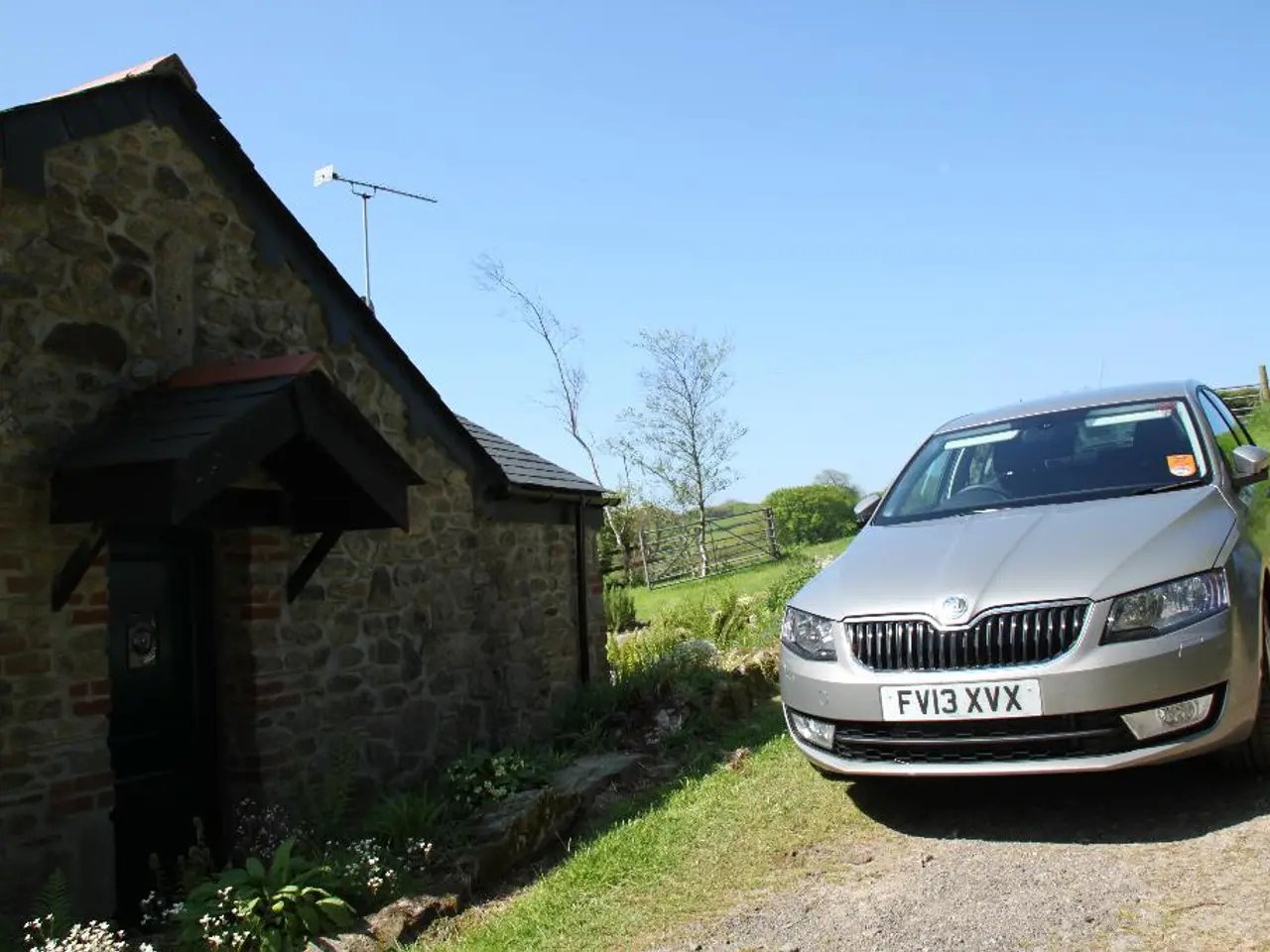Proposals by the Commission have already been put forth in this matter.
Germany's Political Parties Outline Climate Strategies Ahead of 2025 Election
As the 2025 election approaches, the major German political parties have outlined their strategies for climate protection. Here's a summary of each party's approach:
CDU/CSU (Christian Democrats): Under the leadership of Chancellor Friedrich Merz, the CDU/CSU has prioritised a pragmatic approach to climate protection, balancing economic and social considerations. Bound by Germany's Climate Protection Act to reach carbon neutrality by 2045, the coalition agreement with the SPD acknowledges climate targets but introduces more flexibility, raising concerns from experts about potential risks of failing emission reduction milestones.
SPD (Social Democrats): As coalition partners with CDU/CSU, the SPD plays a crucial role in climate policy implementation. The SPD's Environment Minister emphasises adherence to the 2045 climate neutrality goal and emphasises social cohesion in measures such as supporting citizens through EU carbon pricing in transport and heating (ETS 2). The SPD appears committed to an active Climate Action Programme before the end of 2025 to ensure ambition and political unity in climate strategy.
Greens: The Greens, who have gained significant popularity, advocate for robust and immediate climate protection measures consistent with the urgency of the climate crisis. Although not currently in government, their historical platform stresses aggressive emission reductions and sustainable transformation, and a Green chancellorship is considered possible for the first time in 2025.
FDP (Free Democrats): The FDP, traditionally liberal and often coalition partners with CDU/CSU or SPD, emphasises market-based solutions and innovation-friendly climate policies rather than heavy regulation. They support expanding the charging infrastructure for electric vehicles without introducing purchase premiums for E-cars, but are critical of the use of E-fuels due to their high electricity consumption and scarcity.
AfD (Alternative for Germany): The AfD holds a climate-skeptical or climate change denial stance. They demand an exit from the Paris Climate Agreement, a return to fossil fuels, and the reuse of the Nord Stream pipelines for cheap gas from Russia.
The Left (Die Linke): The Left supports stronger climate action aligned with social justice. They want to ban private jets and megayachts, criticise the existing heating law as "socially unbalanced," and advocate for a Europe-wide nuclear phase-out plan.
Alliance Sarah Wagenknecht (new left-populist party): Founded by Sahra Wagenknecht in 2025, this new party positions itself as a left-wing alternative critical of existing coalition policies, including economic downturns linked to Ukraine support. Its precise climate policy is not detailed but is expected to emphasise a break from current approaches, potentially questioning the intensity and costs of ongoing climate action linked with geopolitical stances.
The Union: The Union's energy agenda is a central part of their election program. They support a division of the power price zones in Germany to better utilise German wind capacities. They have committed to climate neutrality by 2045, but with the condition that this goal must not endanger the "competitiveness of our economy." They plan to implement the coal phase-out, but only if sufficient alternatives are available in the grid. They want to rely on biomass and geothermal energy, but call for a clearer definition and better legal framework conditions. They want to use revenues from the CO2 price to reduce grid fees and the electricity tax, with critics warning of potential windfall effects.
The FDP: The FDP aims to align Germany's climate neutrality goal with the EU's target of 2050, arguing that the earlier 2045 goal contributes to the EU's climate goals. They want to revise the combustion engine ban and are critical of the use of E-fuels due to their high electricity consumption and scarcity. They want to rely on domestic gas production, but climate and environmental advocates fear a lock-in effect. They favour emissions trading and carbon pricing as key incentives for climate protection. They reject a speed limit but support expanding the charging infrastructure for electric vehicles without introducing purchase premiums for E-cars.
The Left: The Left wants to reduce energy consumption and increase energy efficiency, and supports a speed limit, abolishing the company car privilege, and introducing higher motor vehicle taxes for large, heavy cars. They aim for climate neutrality by 2040, want the super-rich to contribute more to climate protection, and plan to phase out coal and natural gas. They want to ban private jets and megayachts, and criticise the existing heating law as "socially unbalanced." They also advocate for a Europe-wide nuclear phase-out plan.
The Union wants to overturn the ban on new registrations of combustion engines in the EU by 2035, which is problematic for climate protection.
The FDP aims to overturn the EU's target of 2050 for climate neutrality, arguing that the earlier 2045 goal contributes to the EU's climate goals.
- During the 2025 election campaign, the Green party has pledged to take robust and immediate action against climate change, advocating for a Green chancellorship in line with the urgency of the climate crisis.
- In the realm of environmental-science and climate-change policies, several political parties in Germany have outlined their strategies, with the SPD emphasizing social cohesion and adherence to the 2045 climate neutrality goal.
- Science plays a significant role in the politics of climate protection, as parties such as the CDU/CSU introduce more flexibility in their emission reduction milestones, raising concerns from experts about potential risks of missing these targets.








